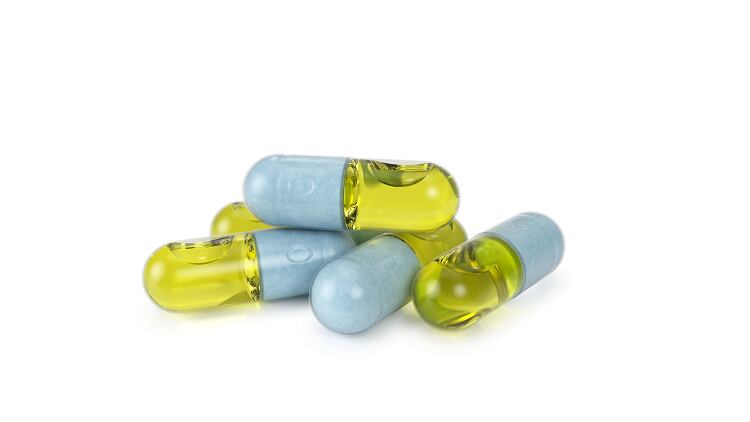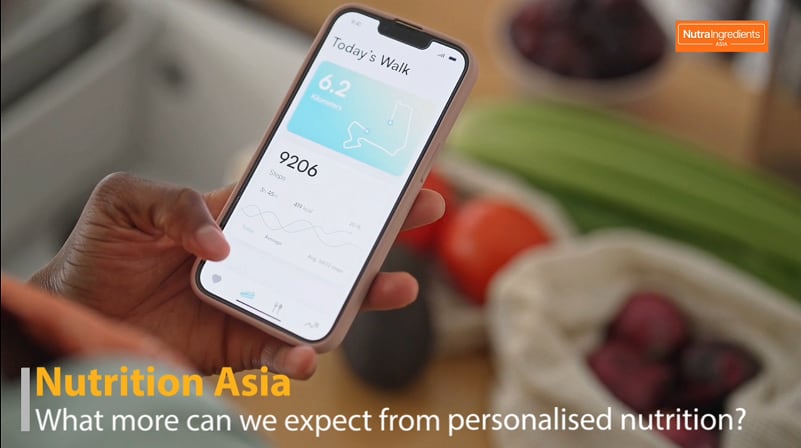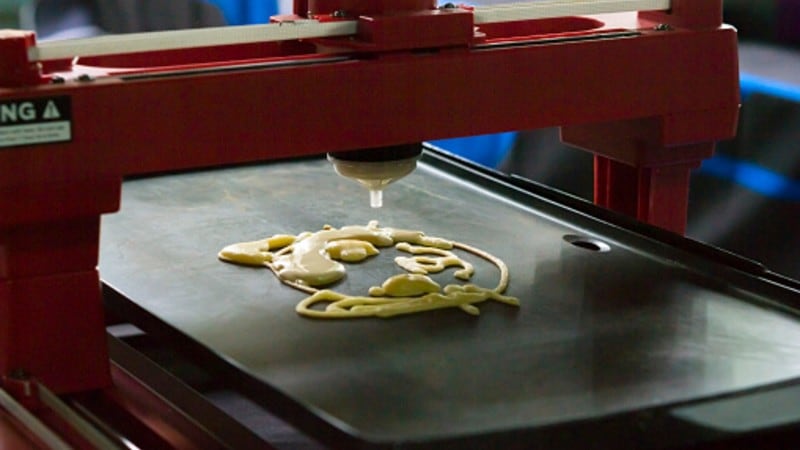For example, there are capsules that are divided into two compartments, allowing otherwise incompatible ingredients or ingredients in different forms, such as liquid or powder, to be manufactured together into one capsule.
This could be enabled by technologies such as “Sidebysides”, which ACG is offering after its subsidiary firm Vantage Nutrition acquired a start-up known as Combocap earlier this year.
The firm said that the product designs of personalised nutrition were becoming more complex, and the technology could fit into that niche market segment.
“In the nutritional space, most products are either in powders or tablets, but there is a big space that is growing in the personalised nutrition space.
“That is where there is a lot of interest in creating specialised formulations for individuals, for instance, they may have certain allergies or require certain nutrients, and you can create personalised nutrition for them using this format,” Anil Andrade, vice president of global sales at ACG told NutraIngredients-Asia at the Vitafoods Asia tradeshow held in Bangkok.
Supplement firms also want to distinguish their products from the others by using technologies that are not “easy to copy”, making novel capsule designs an attractive option.
This was also one of the reasons for ACG to acquire ComboCap for its “Sidebysides” patented capsule filling technology.
At the moment, the company is working increasing the speed and productivity of the technology, while brands interested in the technology is conducting stability studies.
“It is at the stage where once stability testing is completed, and once we make the operation more efficient, we will start to scale up the operation.”
The technology will be offered out of its factories in the US and India.
One of the finished product brands that ACG has been working with is the Unilever-backed Wellbeing Nutrition. The firm is known for supplement products that come in various formats, such as capsules containing oil or capsules containing beadlets or a smaller capsule.
Liquid in capsules
On the other hand, the liquid filling concept is finding “a lot of” acceptance in the market, because of liquid’s quick absorption in the body.
Last December, ACG acquired Nestle Health Science’s former subsidiary firm AquaCap, which specialises in the manufacturing of liquid-filled capsules nutritional supplements.
Although liquid soft gels are another option another option, Andrade said that liquid capsules would be more advantageous as they used lesser plasticizers.
“There are some large projects with some companies in Thailand, where they are looking to put cannabis oil in capsules, that is something where we see some level of interest for inflammation or pain management. We see that there's some interest there in delivering cannabis in the liquid form in capsules,” he said.
In early 2024, the company will kickstart operations in its new factory in Thailand, which will supply capsules to both the pharmaceutical and nutraceutical space.
The factory will supply gelatine capsules for the APAC region, with an initial expected production capacity of 20 billion capsules annually. The factory is meant to help bridge potential logistics and supply chain challenges.
“COVID-19 has taught us that you can't have plants very far away [from the markets where you operate], because the supply chain risk is very high, shipping lines disruption and getting products to the market fast is important.
“And logistics cost has also gone up substantially to ship from somewhere and bring it here. If you have a plant in the region, the customers can come and inspect it, get the products quickly, and so the lead time can be reduced.
“The logistics cost and carbon footprint could be reduced,” he said.
Outside of India, the company also has a manufacturing plant in Brazil and Croatia.
Capsules’ future directions
Aside from novel designs, Andrade believes that much of the innovation in capsule technology is moving away from the use of animal gelatine to a vegetable-based ingredient.
Supplement brands are also demanding the use of organic materials, which could be challenging, he said, due to the lack of such materials that could be used to make cpaules.
“There's a lot of R&D that has to go into that to find the right ingredient which you can actually make a capsule out of, and so that is one space where there's some amount of innovation happening.”
Another innovation opportunity is in the use of technologies that could increase the efficiency and production yields with lesser energy and materials.





